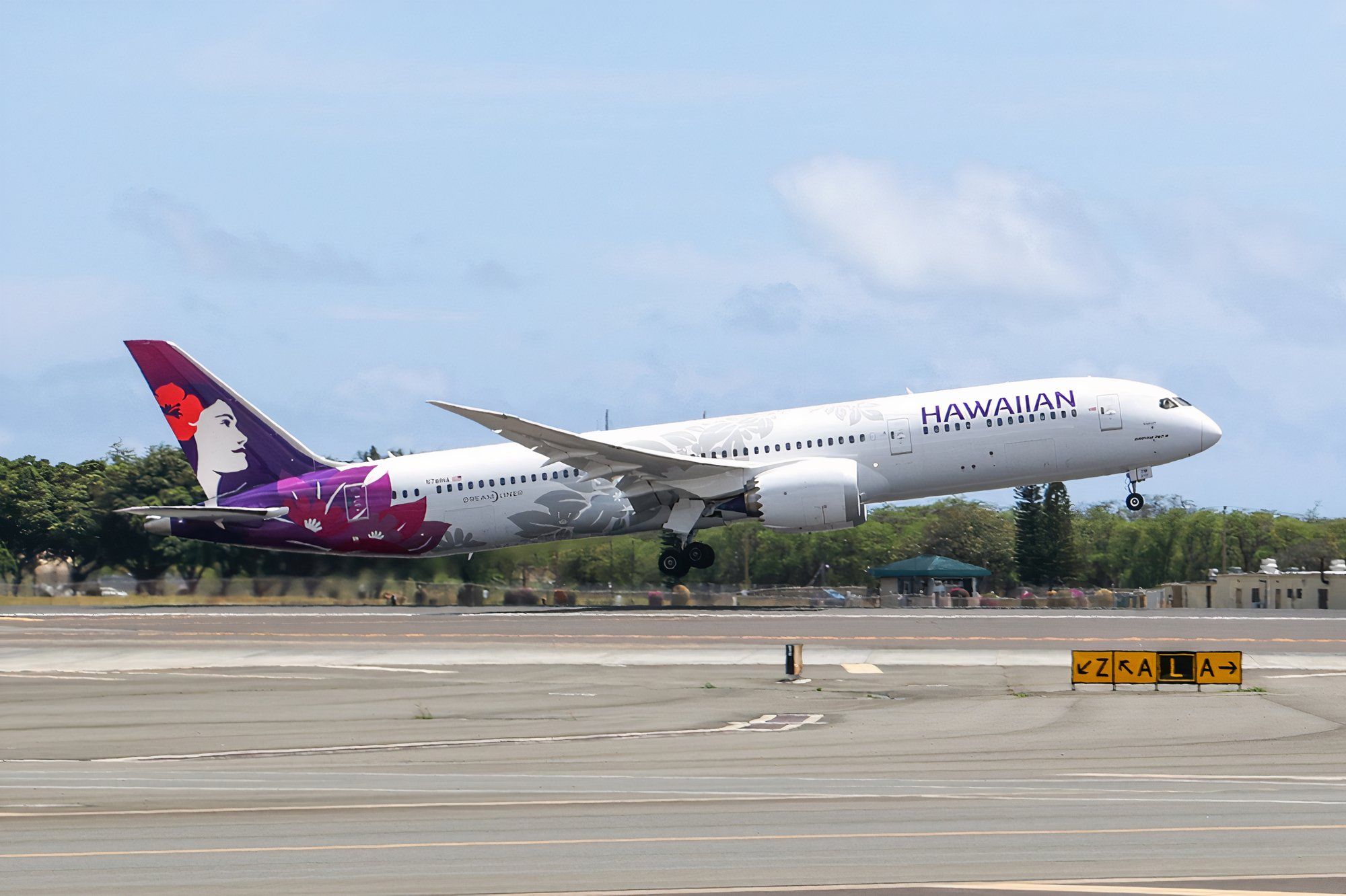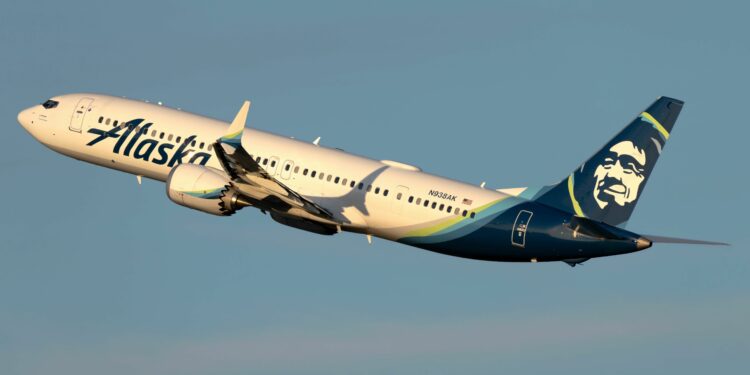Summary
A US judge threw out a lawsuit blocking the Alaska Airlines & Hawaiian Airlines merger plans.
Alaska supports the decision and claims that the merger will benefit consumers.
The Department of Justice will make its decision on whether to approve the merger later this week.
A lawsuit intending to block Alaska Airlines ‘ planned acquisition of Hawaiian Airlines was thrown out by a US judge on Monday. Passengers who filed the lawsuit reportedly argued that the nearly $2 billion merger would reduce the combined airlines’ route network and increase prices.
The Seattle-based carrier is in support of the decision, claiming the merger will only benefit the consumer. The latest case comes as the planned acquisition has faced other headwinds since it was announced late last year.
A ”substantial threat of injury”
According to the lawsuit, Warren Yoshimoto, Kristin Barroga, Sean Kettley, Carolyn Fjord, Don Freeland, Don Fry, Bill Rubinsohn, and Clyde Stensrud identify themselves as “a mix of airline passengers and former travel agents.” The group asserted that “they, and the public at large, are at “substantial threat of injury…because the acquisition may have the effect substantially to lessen competition, and tend to create a monopoly in various markets…”.
Photo: Vincenzo Pace | Simple Flying
Highlighting “all consumers,” the passengers said that an Alaska-Hawaiian merger would put the following at risk:
The loss of inflight experiences and distinct services that are currently part of Hawaiian’s onboard product A reduction of customer choice Reduced capacity and curtailment of flights leading to higher prices and a “severe inconvenience to consumers” The loss of the only local airline with headquarters in the state of Hawaii The loss of a “vibrant, respected local competitor”
As indicated in the lawsuit, the group further argued that Hawaiian “brought so much” to the 50th state since its inception.
Dismissing the lawsuit
Alaska filed a motion to dismiss the lawsuit on May 17th. The carrier claimed that the plaintiffs lacked antitrust standing, the relevant markets in the lawsuit were “implausible and improperly defined,” and the plaintiffs failed to “plead anticompetitive effects in the markets” they attempted to define.
Chief US Judge Derrick Watson in Hawaii ruled on Monday that the plaintiffs have not illustrated any legal standing to proceed with the lawsuit.
“These allegations, however, do not demonstrate any kind of particularized harm. Notably, Plaintiffs’ principal assertion—that the proposed merger presents a substantial threat of injury because it may stifle competition and tend to create a monopoly—is simply a claim of “abstract and generalized harm to a citizen’s interest in the proper application of the law.””
DOJ pushback
The lawsuit is not the only challenge Alaska and Hawaiian have faced. Simple Flying reported last month that the Department of Justice (DOJ) sought to challenge the merger. The antitrust regulator notably blocked the merger plans of JetBlue Airways and Spirit Airlines earlier this year due to concerns of monopolization. According to initial reports, the DOJ will make its final decision on the Alaska-Hawaiian acquisition on Thursday.

Photo: Hawaiian Airlines
Alaska previously merged with Virgin America, and ultimately swallowed all touches of its brand and product, and retired its aircraft. However, the oneworld airline says it will take a different approach with Hawaiian, and plans to maintain both brands. The carrier also says the merger would benefit travelers by offering more destinations, an enhanced product, better fare choices, and loyalty perks.
Nonetheless, competition within the airline industry has decreased over the years. In the last 15 years, 10 major US carriers have dwindled to five as a result of mergers.
Source link : http://www.bing.com/news/apiclick.aspx?ref=FexRss&aid=&tid=66bbc93bab7f476886d81a9c97a3e3aa&url=https%3A%2F%2Fsimpleflying.com%2Falaska-hawaiian-airlines-merger-lawsuit-dismissed%2F&c=3099834221186977527&mkt=en-us
Author :
Publish date : 2024-08-13 09:41:00
Copyright for syndicated content belongs to the linked Source.





